Publications focused on Agriculture
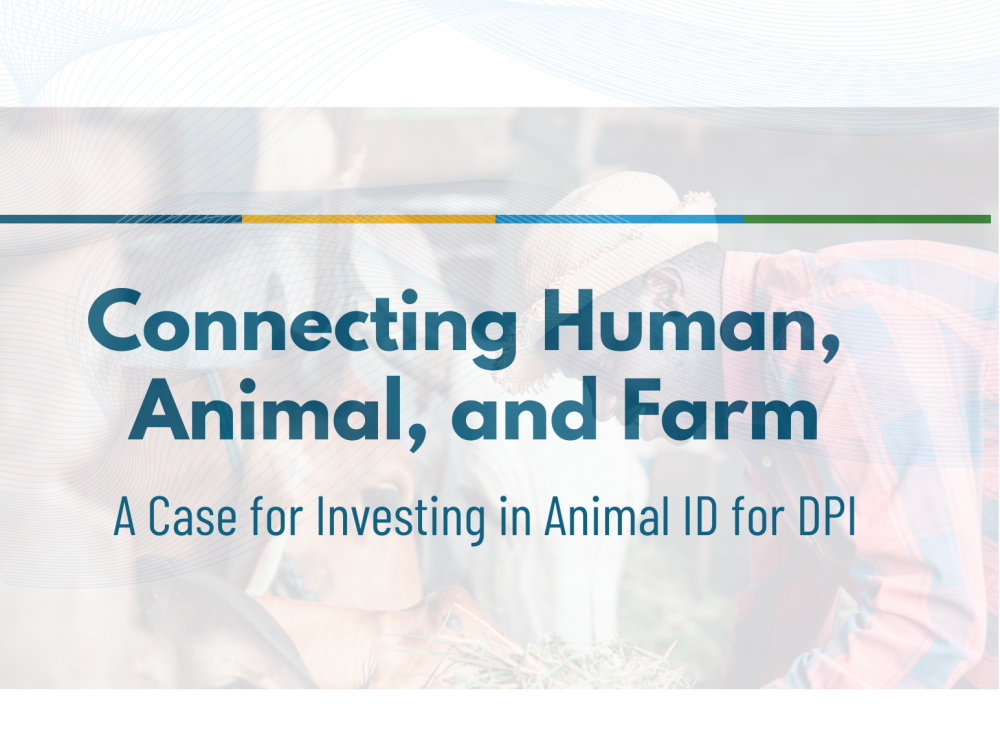
Connecting Human, Animal, and Farm: A Case for Investing in Animal ID for DPI
Digital Public Infrastructure for agriculture has gained traction, yet animal identification remains under-integrated. This policy brief explores how linking farmer and animal IDs with national data and payment systems can unlock benefits across trade, finance, public health, and governance.
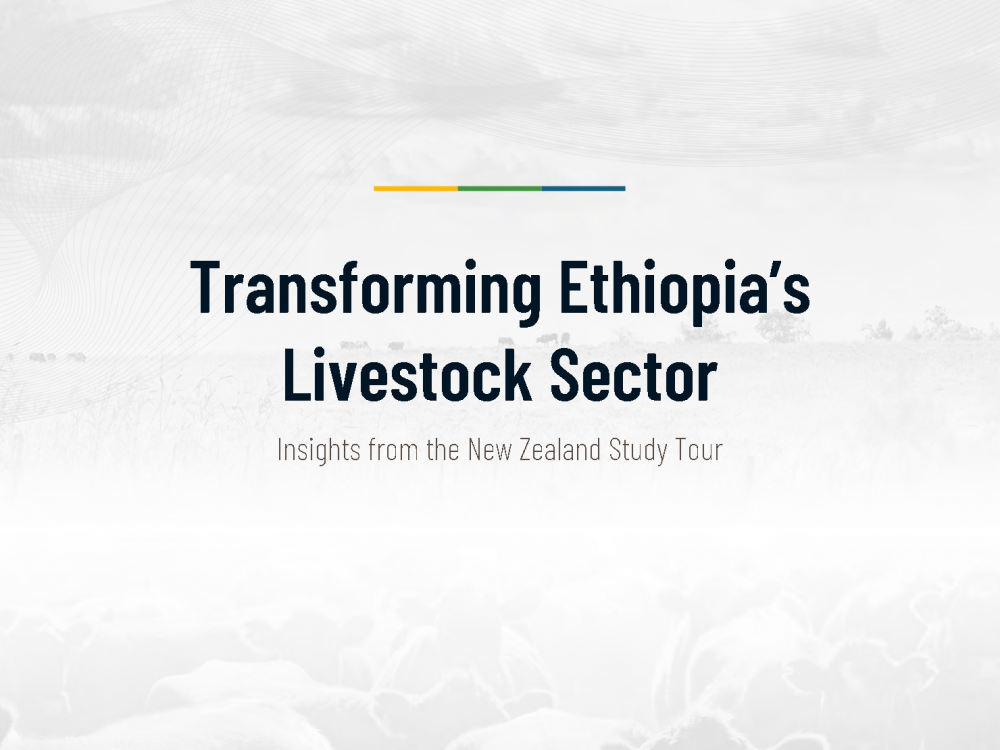
Transforming Ethiopia’s Livestock Sector: Lessons from New Zealand
This policy brief captures lessons from the New Zealand livestock study tour and their relevance for Ethiopia. Aimed at policymakers, system managers, and partners, it highlights how data, institutions, and producers can align for stronger livestock systems, building on ongoing efforts under the aLIVE program.

Demystifying Interoperability
This paper discusses, in practical terms, what goes into implementing interoperable solutions in partnership with public administrations. Based on 20+ years of DG’s experience, the paper demystifies key components needed to build robust, resilient, and interoperable data systems, focusing on the “how” of data standardization, data governance, and implementing technical infrastructure.

Ethiopia’s National Livestock Data Standard
In early 2024, the "a Livestock Information Vision Ethiopia" (aLIVE) governing committee endorsed a comprehensive set of standards to guide the collection, storage, and maintenance of livestock data in Ethiopia (i.e., a data standard). The data standard specifically focuses on standardizing data on cattle, sheep, goats, and camels in the country. The National Livestock Data Standard document contains standardized data sets for national animal data recording, animal disease, diagnosis, treatment, vaccination recording, animal events recording, location, and other additional attributes.
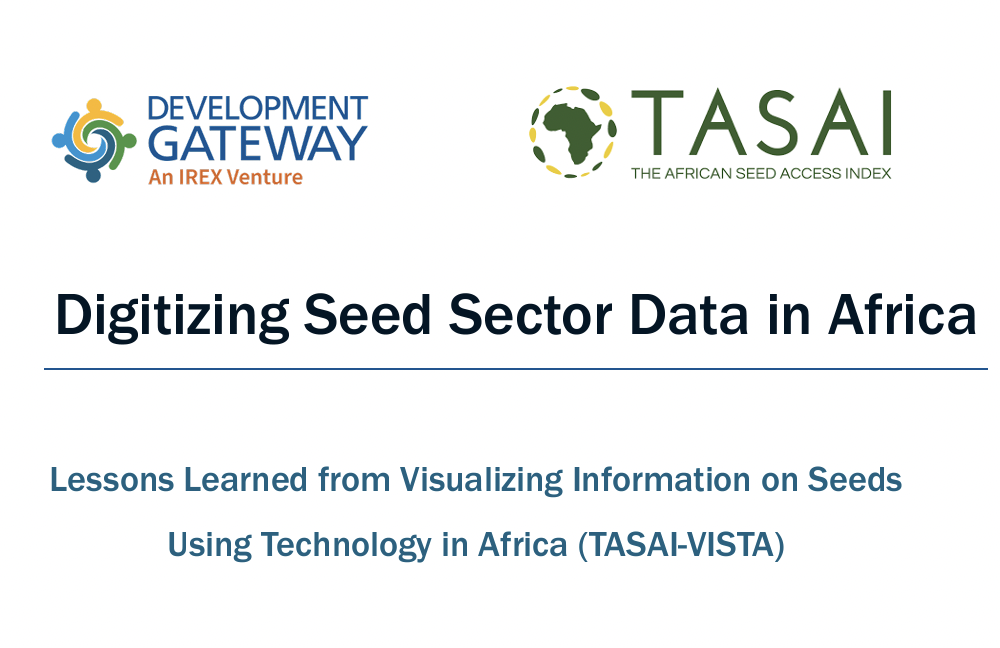
Lessons Learned from Visualizing Information on Seeds Using Technology in Africa (TASAI-VISTA)
This white paper highlights successes and challenges during the implementation of the Visualizing Information on Seeds Using Technology in Africa (TASAI-VISTA) program, as the project comes to a close. It details the data collection, analyses, and stakeholder engagement processes informing the development of a suite of digital tools designed for the TASAI team and outlines lessons learned throughout the project implementation.
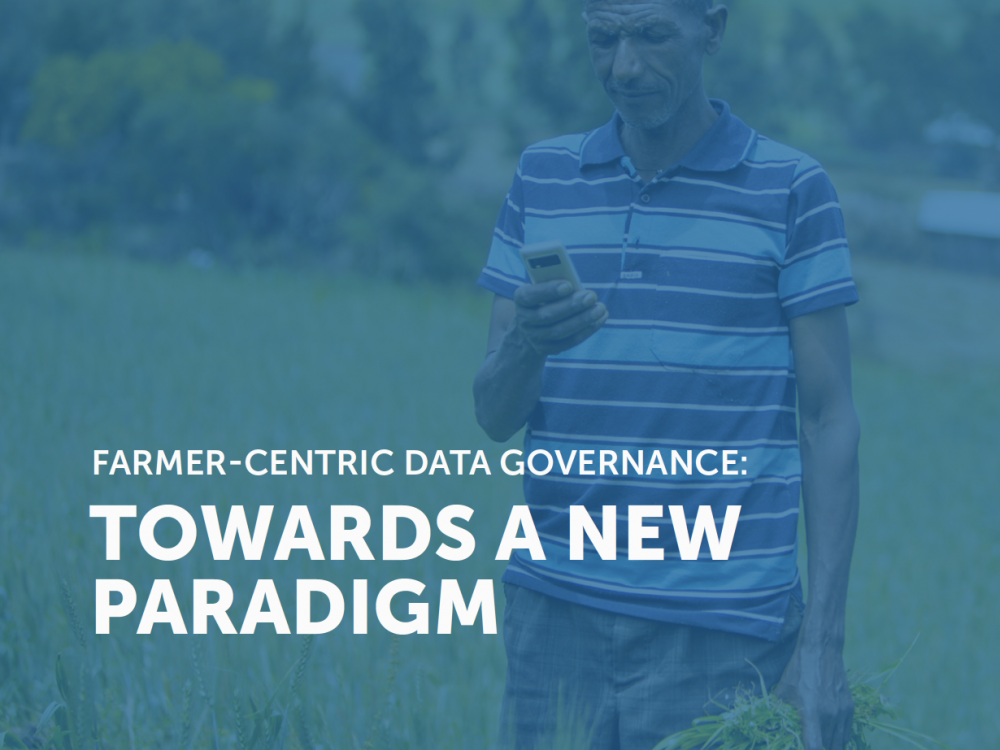
Farmer-Centric Data Governance: Towards A New Paradigm
This report, six deep dives, and nine case studies provide user-centric approaches to data governance that places farmers and their communities at the center of data gathering initiatives and aims to reduce the negative effects of centralized power. The findings are based on literature, interviews, and workshops to gather the experiences of change-makers and aims to raise awareness around the current political economy of agricultural data and its implications; identify user-centric data governance models and mechanisms, particularly in LMICs; demonstrate the purpose, value, benefits, and challenges of these models for all stakeholders, and; identify appropriate and relevant actionable principles, recommendations, and considerations related to user-centric data governance in the agriculture sector for the donor community. This project is made possible by the generous support of the American people through the United States Agency for International Development (USAID), as well as support from the Bill & Melinda Gates Foundation (BMGF). This guide was produced under DAI’s Digital Frontiers Project at the request of USAID and BMGF.
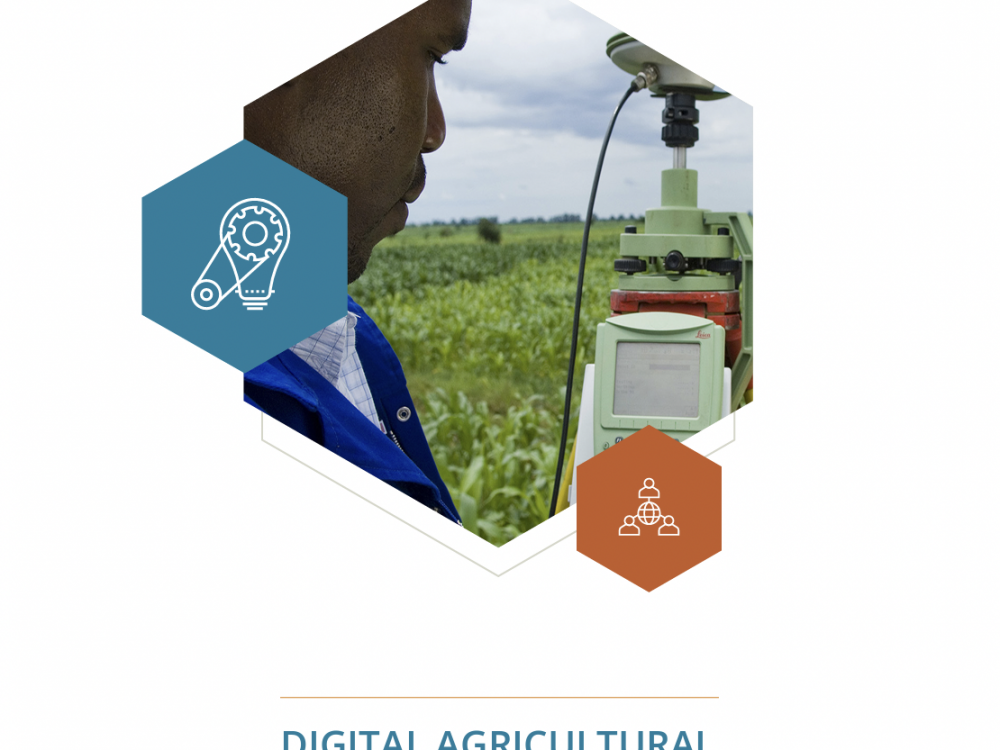
Digital Agricultural Ecosystem in Mali | Ecosystème Numérique Agricole au Mali
Development Gateway: an IREX Venture (DG) and Athena Infonomics conducted an assessment of the digital agricultural ecosystem in Mali between September 2021 and January 2022. The assessment was conducted using DG’s Custom Assessment Landscape Methodology (CALM), which uses a combination of desktop research and mixed data collection methods, including key informant interviews, surveys, and data analysis to understand the context, collect user needs, and identify the links – or missing links – between key stakeholders in a specific sector.
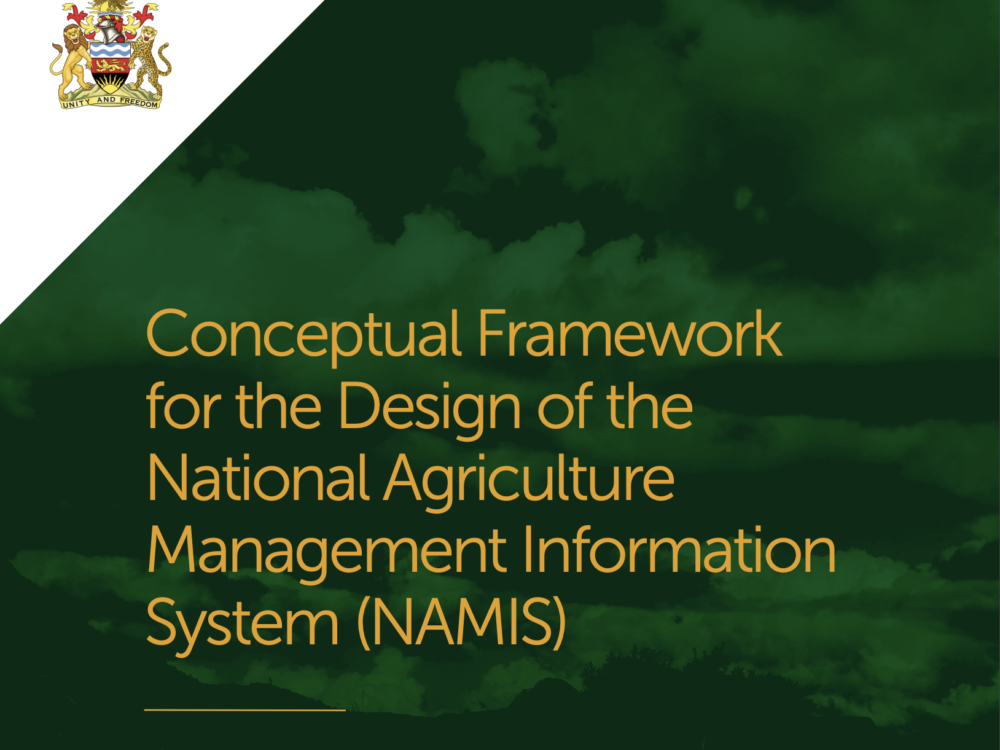
Conceptual Framework for the Design of the National Agriculture Management Information System (NAMIS) in Malawi
This Conceptual Framework and its Executive Summary inform the Malawi Ministry of Agriculture, Irrigation, and Water Development (MoAIWD) on design and recommendations for the National Agriculture Management Information System (NAMIS). DG and MoAIWD completed a detailed landscape analysis – of priority decisions, data and tools, and data use barriers in the agriculture sector. These reports analyze and synthesize findings to inform NAMIS design around potential users.